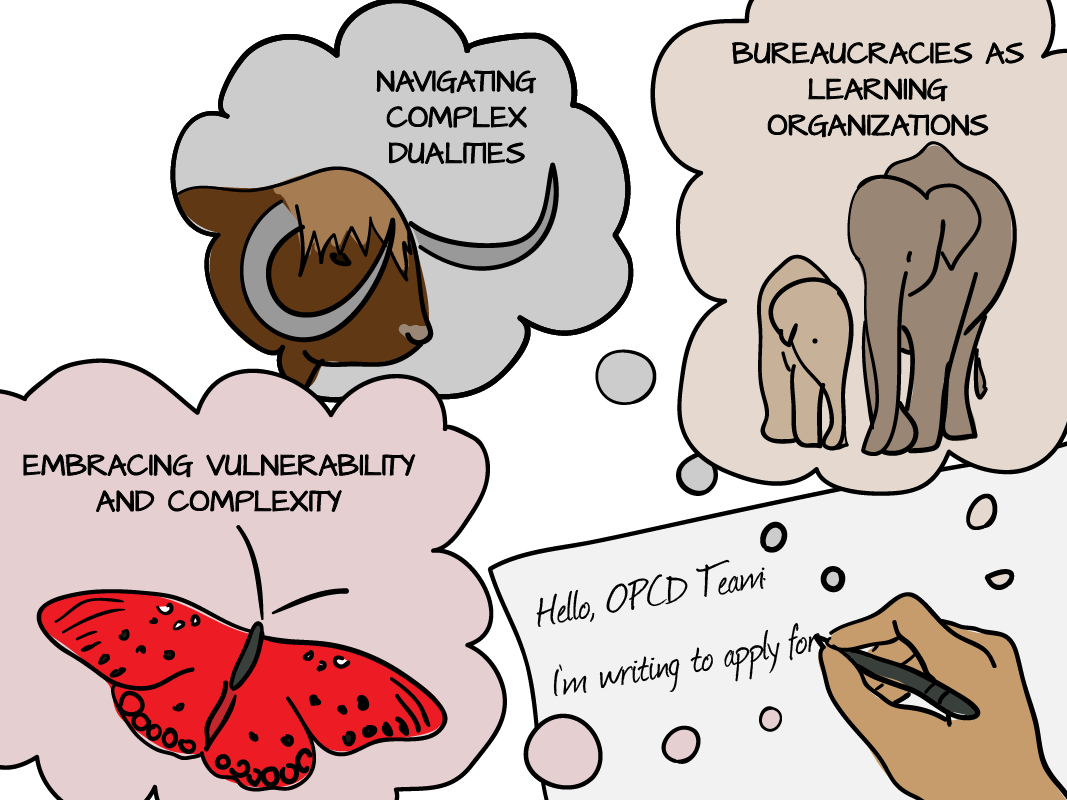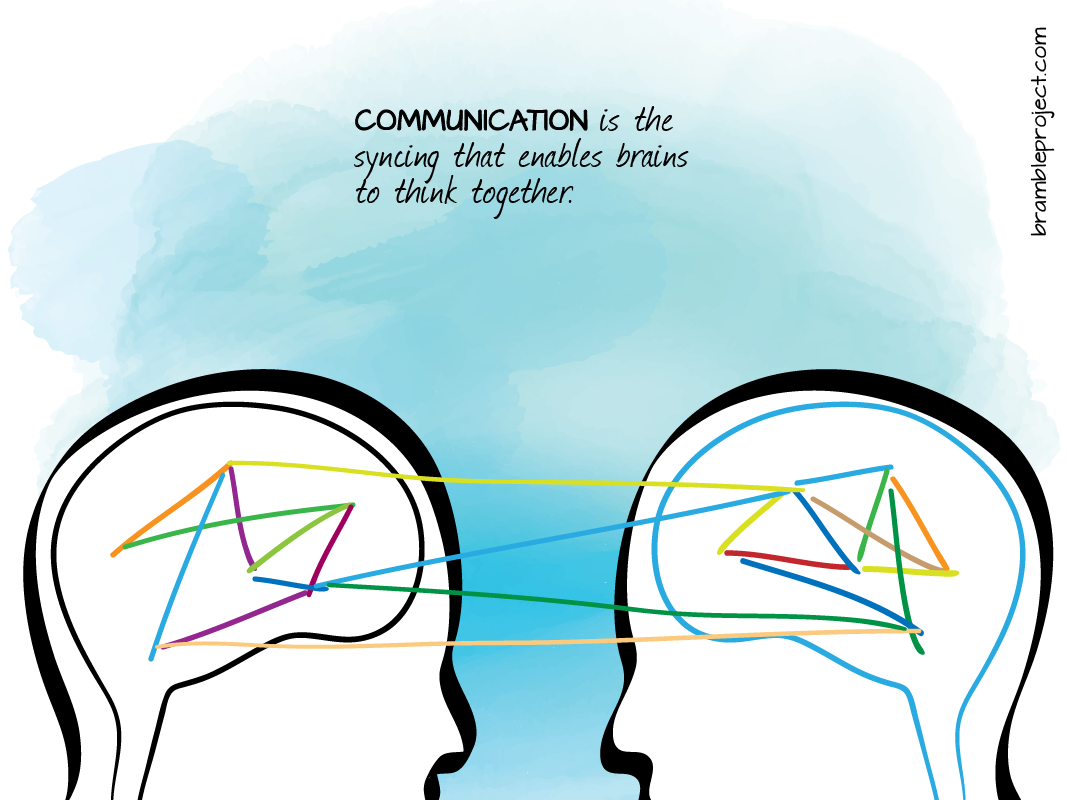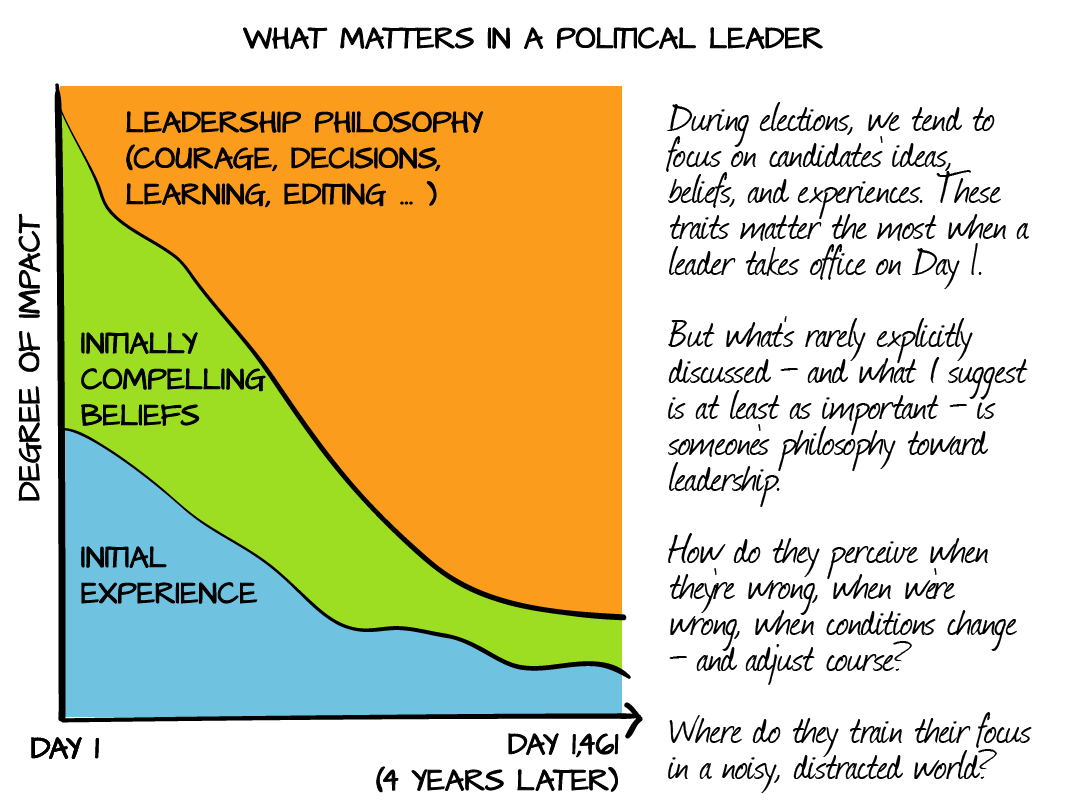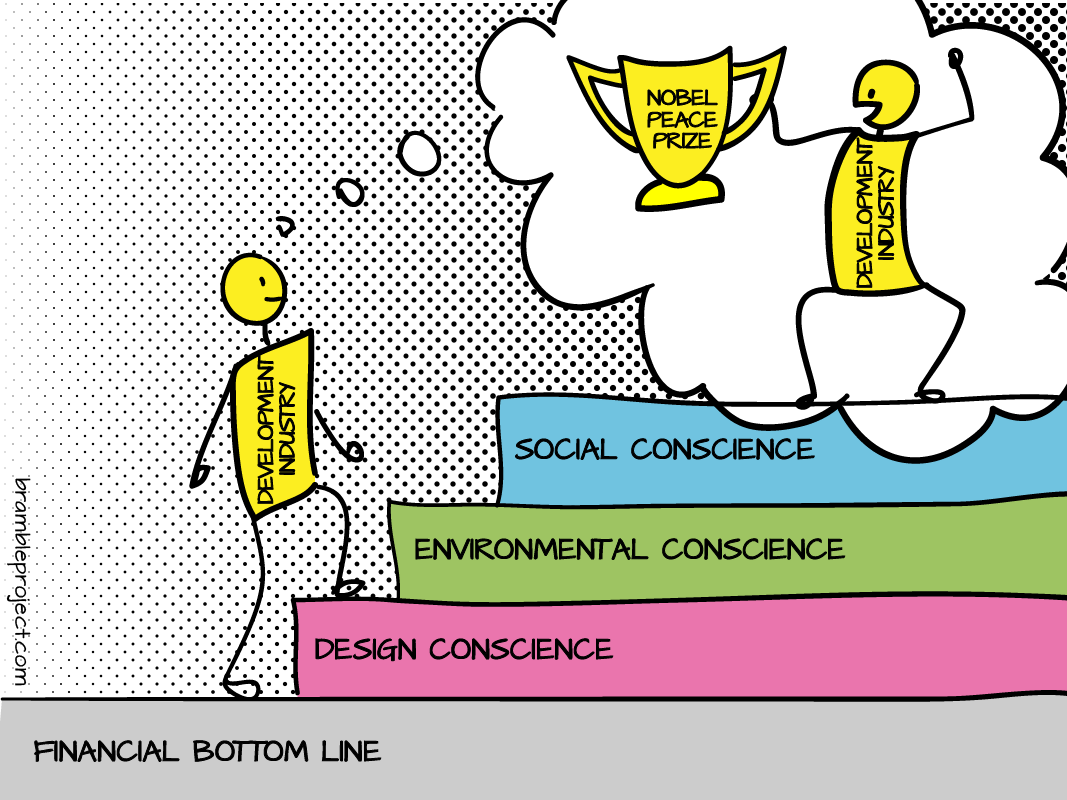Category: Theory
-
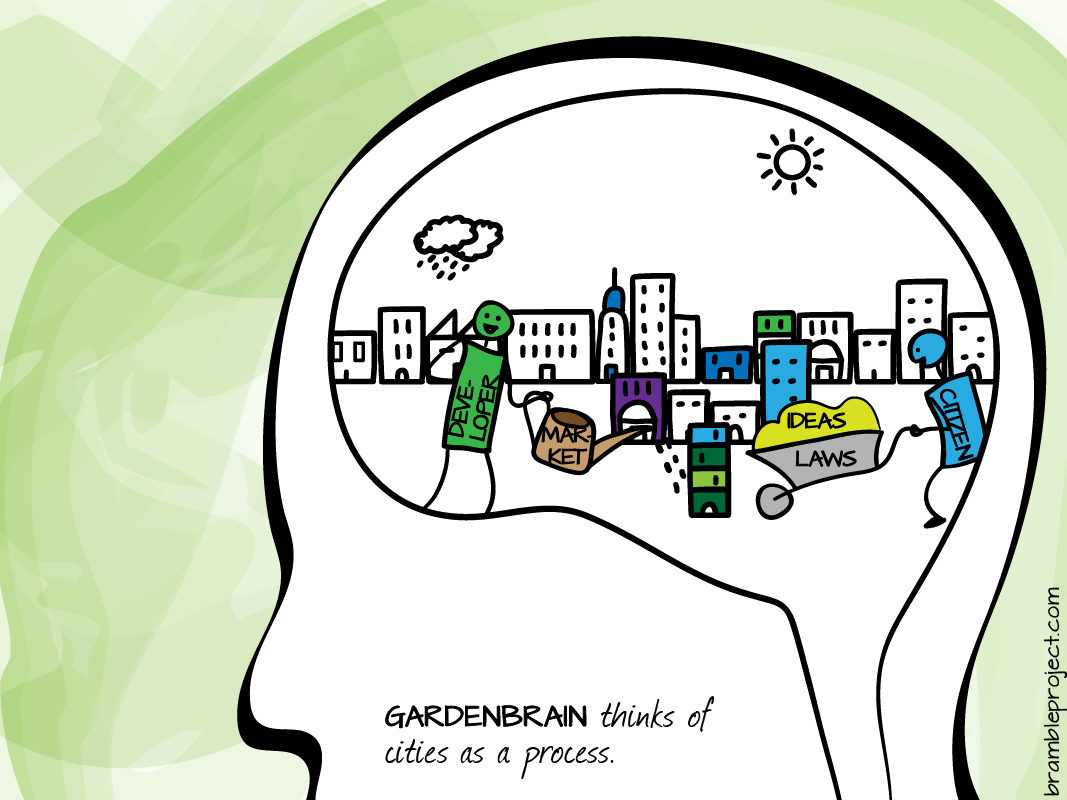
Machinebrain & Gardenbrain
What the heck is development culture, anyway? And why are we so interested in it? I was quite excited to see Canadian Prime Minister Justin Trudeau list The Gardens of Democracy as one of his two favorite nonfiction titles. This under-sung little book has deeply influenced how Brian and I think about urban development, using a concept called “Gardenbrain”.…

